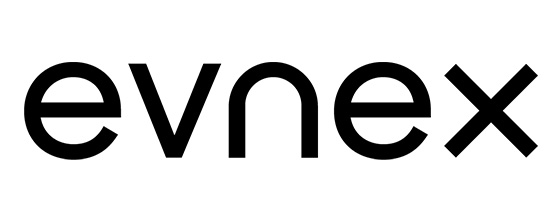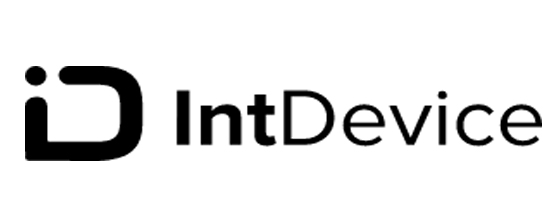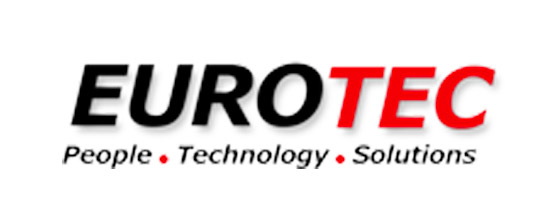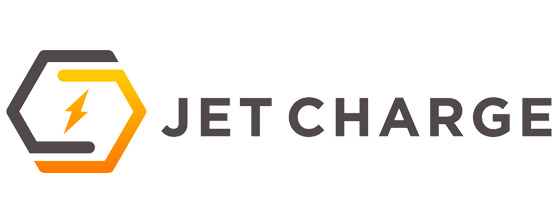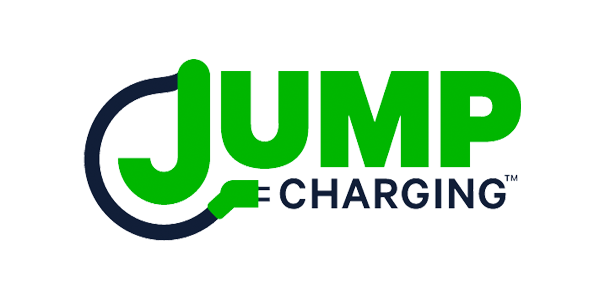Charging an electric vehicle in New Zealand has never been easier.
Whether at home or at work, New Zealanders are gaining better access to smarter electric vehicle charging options. As most EV charging takes place in these environments, it’s important to consider your charging method as it will greatly affect how much it costs to charge your EV, and how environmentally friendly your charging solution is. Here are a few options.
HOME EV CHARGING TIPS
Some of the biggest concerns of new electric vehicle owners is how they’re going to charge their car at home, and how much it’s likely to cost them.
The good news is, charging your EV will cost just under $0.30 per equivalent litre (assuming an off-peak kilowatt hour of $0.15). That’s a lot friendlier of a number than the current prices we’re seeing at the petrol pump.
Once you’ve decided on your primary method of charging at home, there are a few things you can keep in mind to ensure you’re getting the most efficient, environmentally friendly and inexpensive charge.
saving money while charging at home
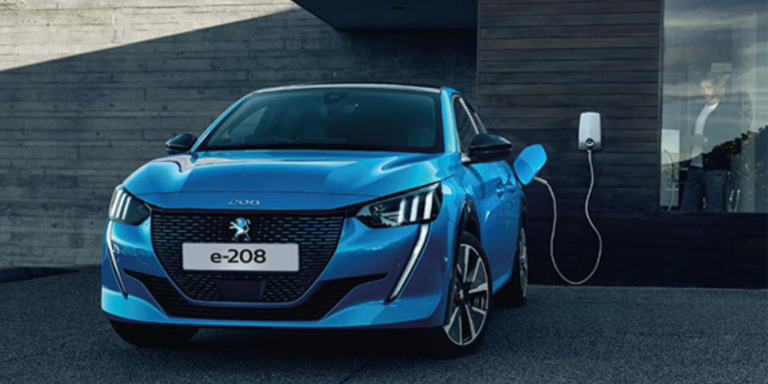
INVEST IN A WALL-MOUNTED CHARGER
Having your own charger installed at home (see these Evnex mounted wall chargers, for example) gives you the ultimate flexibility of when you charge your vehicle, most efficiently. These chargers still power your charge from AC, so it’s not as battery-wearing as the public fast chargers, but are usually a lot quicker than the standard portable plug.
Charge during off-peak hours
Many Kiwi power companies now offer discounted rates for power usage during off-peak hours, most commonly between 9pm and 7am, depending on the company and where you’re based. This is perfectly suited to save money by charging your EV overnight. Do your research on NZ power companies before buying an EV, and make the switch.
smart charging technologies
Many wall-mounted chargers also have smart control over when your car charges, such as setting a timer for a controlled period during off-peak power times, which reduces unnecessary overcharging and your electricity bills.
Homeoverload protection capabilities also actively monitor your home energy draw to provent tripping your home circuit or blowing fuse.
Local electricity companies like Vector, are also running ongoing trials to understand customers’ EV charging behaviours, to integrate the EV chagring network and use smart meters to automate this process, improving affordability and reliability long-term.
Evs are also able to be charged through solar power right from your home solar. Using the power generated by your solar system, you can fully charge your EV within hours and save upwards of $1,000 a year.
If your household has multiple EVs, EV charging load balancing instructs the chargers to deliver the right amount of energy and manages the energy flow across charge points. It helps to optimise your EV charging networks and distribute available power equally across all charge points, ensuring your EV is charged as quickly as possible.
reducing your Evs carbon footprint
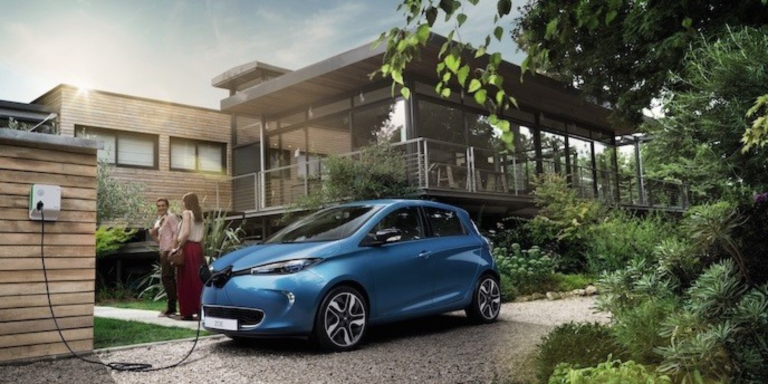
Investing in an EV can significantly reduce your reliance on fossil fuels, however considering where the power comefs from that you’re using to charge your EV can optimise the environmental benefits.
There are two reliable ways to ensure that you’re minimising your carbon footprint.
using an optimised solar EV charging system to generate power.
In a nutshell, it’s an automated charging feature built to maximise the benefits of locally generated solar energy, prioritise EV charging from clean energy, and minimise the electricity costs of grid power to charge your vehicle. For example, take a look at Evnex’s simple solar integration.
Charging when nz’s power grid is most renewable
There are a bunch of factors that change the proportion of grid electricity generated by renewables such as wind and solar energy. Anything from how hard the wind is blowing or how strong the sun is shining can lead to a huge variation in the grid power available.
Controlled EV charging gives you the flexibility to manage your EVs charging patterns to coincide with low-demand periods, helping ensure a cleaner charge. An intelligent EV charging point, which can communicate with the grid, will in the near future help balance demand with supply and do this automatically for you.
Safer charging at home
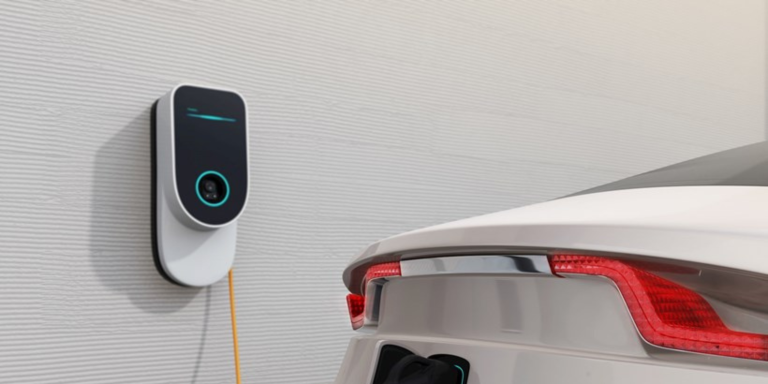
Just like other electronics in your home, electric vehicles use electricity to charge, which means there are a few precautions you need to take when charging to keep your home and yourself safe.
Generally, EVs are sold with a portable charger that’s intended as a backup, not for everyday use (you could think of it as a spare tyre). The safest way to charge your EV at home is using a wall-mounted charging unit that is connected to the electrical wiring of your home and has been installed by a Registered Electrician.
A safe ev charging tips
- Only use electric vehicle charging adaptors supplied by the vehicle manufacturer or by an electric vehicle supply equipment (EVSE) manufacturer.
- Don’t use any household adaptor (such as a multi-box or double plug), a socket-outlet adapter, extension lead, or portable socket outlets (inclduing EPOD and PSOA).
- Never use damaged or modified charging equipment
Don’t use any faulty charging equipment, always get it checked by the manufacturer. - Never use a single socket outlet for the supply of more than one vehicle at a time.
- Do not use a EVSE that is not labelled by the manufacturer as being compatible with a 230 V, 50Hz supply.
- Do not use the supply of electricity to anything other than an EV from an IC-CPD charging station.
For more detailed safe EV charging guidelines, visit WorkSafe and EECA.
CHARGERS MAP
This map is sourced from Plugshare. It is set to your current location by default but feel free to zoom and pan around to see more.
Please view the map in landscape orientation for the best experience.






